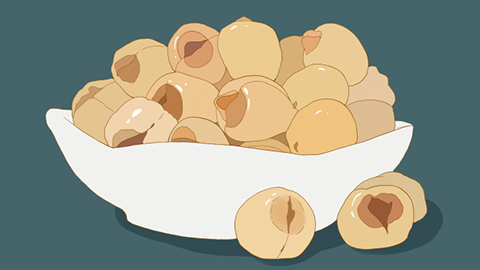Can pregnant women eat lotus seeds?
Generally speaking, pregnant women can eat lotus seeds, but the appropriate amount should be determined according to individual physical condition and stage of pregnancy. Detailed explanations are as follows:

If a pregnant woman has a balanced constitution without issues such as spleen and stomach deficiency-cold, and she is in the second or third trimester, she may consume lotus seeds in moderation. Lotus seeds are rich in protein, vitamins, and minerals. They have the effects of nourishing the heart, calming the mind, strengthening the spleen, and stopping diarrhea. They can help relieve insomnia and anxiety during pregnancy and improve indigestion caused by spleen and stomach weakness. At this time, cooking lotus seeds into porridge or soup can both supply nutrition and help regulate bodily functions, benefiting both maternal and fetal health.
However, if a pregnant woman has a cold constitution accompanied by symptoms such as cold intolerance and diarrhea, or is in the early stage of pregnancy when the embryo's implantation is still unstable, it is not advisable to consume lotus seeds in large amounts. Lotus seeds are relatively cold in nature; excessive consumption may worsen internal coldness, irritate the gastrointestinal tract causing diarrhea, and increase the risk of uterine contractions. Improper consumption in early pregnancy may particularly affect fetal stability. Pregnant women in this category should choose lotus seeds cautiously or try a small amount first and observe their physical response.
Before consuming lotus seeds, pregnant women should assess their own conditions, avoid eating them on an empty stomach, and limit each intake to 15-20 grams. During cooking, they can be combined with warming ingredients such as red dates and longan to neutralize their cold nature. If any discomfort occurs after consumption, intake should be stopped immediately and medical advice sought to ensure dietary safety during pregnancy.




